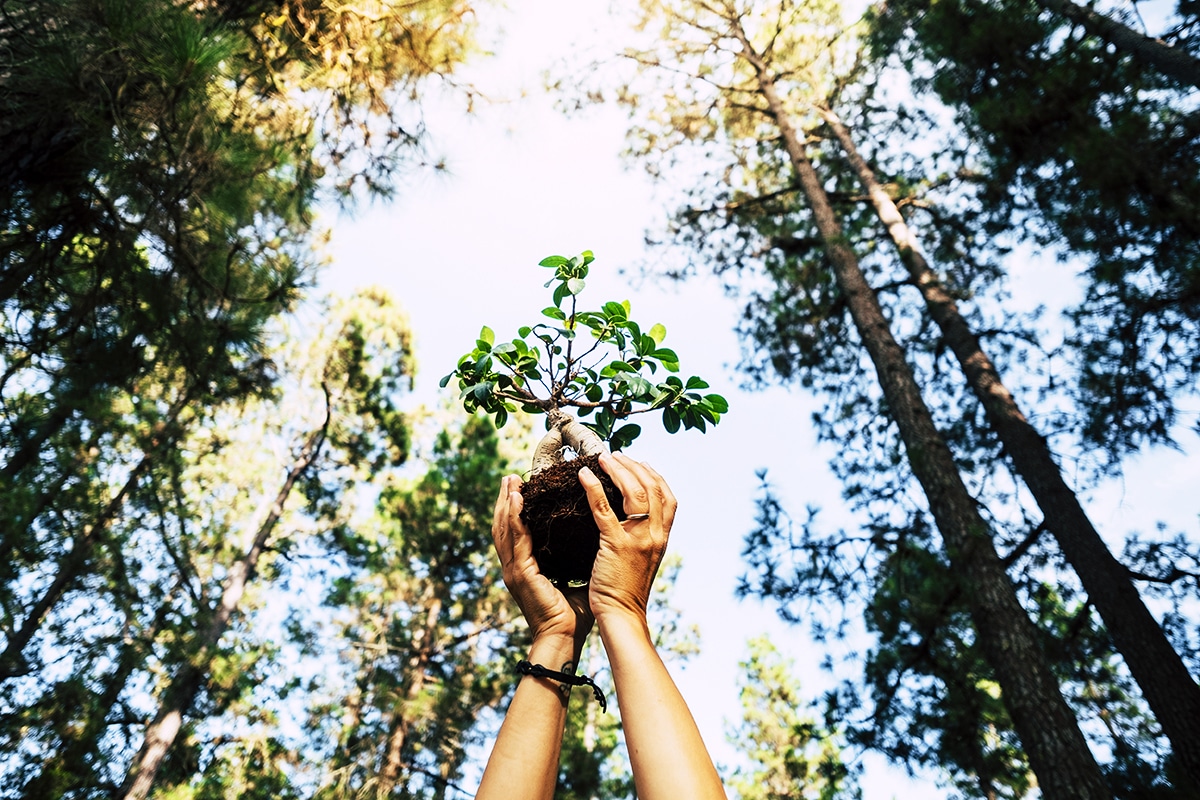The Need for Conservation: Ensuring a Sustainable Future
Conservation has never been more important than it is today. With the rapid depletion of natural resources and the alarming acceleration of climate change, embracing conservation practices has become crucial for ensuring a sustainable future. As a global movement, we all need to come together to protect our planet and its precious resources. In this article, we will explore the significance of conservation, provide some useful tips and advice, and analyze the global efforts being made in this regard.
The Significance of Conservation
Conservation, at its core, is about preserving and protecting the environment, biodiversity, and natural resources. It encompasses various practices aimed at reducing waste, minimizing pollution, and promoting sustainable living. The significance of conservation cannot be understated, and here’s why:
1. Preserving Biodiversity:
The Earth’s biodiversity is under constant threat due to deforestation, poaching, and habitat destruction. By embracing conservation, we can work towards preserving the diverse ecosystems and the countless species that call our planet home. A loss of biodiversity would disrupt the delicate balance of nature and have far-reaching consequences for human well-being.
2. Mitigating Climate Change:
Conserving natural resources and reducing carbon emissions are crucial for mitigating the impacts of climate change. Trees play a vital role in absorbing carbon dioxide from the atmosphere, making reforestation efforts essential. Additionally, adopting sustainable energy sources, such as solar and wind power, can significantly reduce our carbon footprint and dependence on fossil fuels.
3. Ensuring Clean Water:
Water scarcity is a growing concern worldwide, with many regions already facing severe shortages. By practicing water conservation techniques, such as reducing water usage and preserving freshwater bodies, we can contribute to ensuring clean and accessible water for both present and future generations.
Tips and Advice for Embracing Conservation
Embracing conservation doesn’t require drastic changes in our lifestyles; small steps can make a significant difference. Here are some tips and advice for incorporating conservation practices into our daily lives:
1. Reduce, Reuse, Recycle:
Adopt a mindful approach towards consumption by reducing waste, reusing items whenever possible, and actively participating in recycling programs in your community. Take simple steps like carrying a reusable water bottle or implementing composting techniques in your household to make a positive impact.
2. Conserve Energy:
Reducing energy consumption not only helps the environment but also saves money. Make it a habit to turn off lights and electronic devices when not in use, switch to energy-efficient appliances, and opt for natural lighting whenever possible. Furthermore, consider utilizing renewable energy sources, such as solar panels, to power your home.
3. Support Sustainable Agriculture:
Choose locally sourced and organic produce whenever possible to support sustainable agriculture practices. This reduces the carbon footprint associated with long-distance transportation and helps preserve soil health and biodiversity. Additionally, consider growing your own fruits and vegetables in a home garden.
4. Be Mindful of Water Usage:
Water is a precious resource, and being mindful of its usage can make a significant impact. Take shorter showers, fix leaky faucets promptly, and consider installing water-efficient appliances. Moreover, collect rainwater for gardening and opt for drought-resistant plants to minimize water consumption.
Global Efforts and Impact
The global movement towards conservation is gaining momentum, and numerous initiatives are making a significant impact on environmental preservation. Governments, organizations, and individuals are coming together to drive change. Some remarkable examples include:
1. International Climate Agreements:
The Paris Agreement, signed by nearly 200 countries, aims to limit global warming and reduce greenhouse gas emissions. This historic agreement demonstrates a collective commitment to combat climate change and emphasizes the need for sustainable practices.
2. Conservation Reserves and Protected Areas:
Both on land and in the ocean, governments and organizations are establishing conservation reserves and protected areas to safeguard vulnerable ecosystems and species. These initiatives play a crucial role in preserving biodiversity and allowing ecosystems to thrive.
3. Renewable Energy Transition:
Nations around the world are investing in renewable energy infrastructure and transitioning away from fossil fuels. This shift towards sustainable options such as solar and wind power is crucial for reducing carbon emissions and combating climate change.
4. Education and Awareness:
Efforts to raise awareness about conservation and sustainability are vital in creating a lasting impact. Educational campaigns, documentaries, and community outreach initiatives help inspire individuals to take action and make informed choices in their daily lives.
Summary
Conservation is no longer an option but a necessity for a sustainable future. Preserving biodiversity, mitigating climate change, and ensuring the availability of essential resources like clean water requires a collective effort from individuals, organizations, and governments worldwide. By following simple tips like reducing waste, conserving energy, and supporting sustainable practices, we can contribute to the conservation movement. The global initiatives towards climate agreements, protected areas, renewable energy, and education are crucial in driving change. Let us all join the global movement and embrace conservation to secure a sustainable future for generations to come.

Deja una respuesta